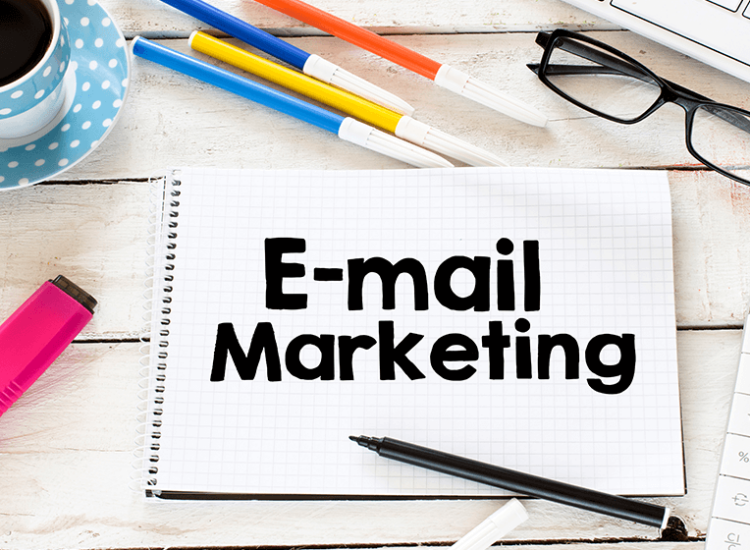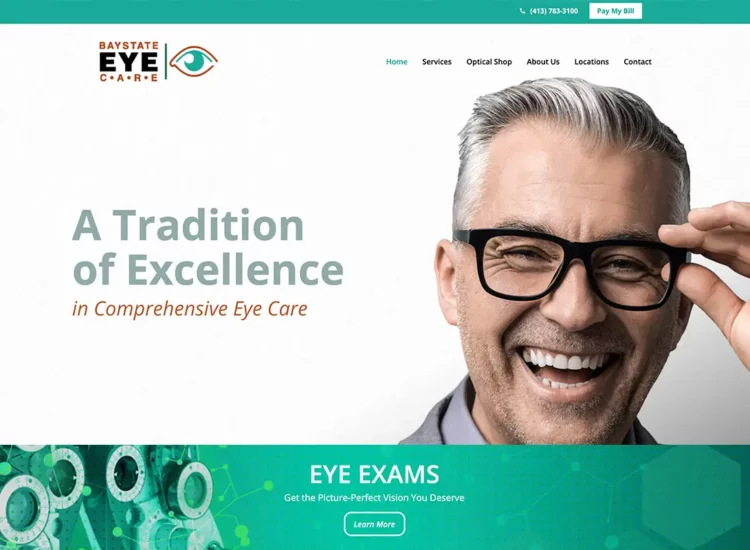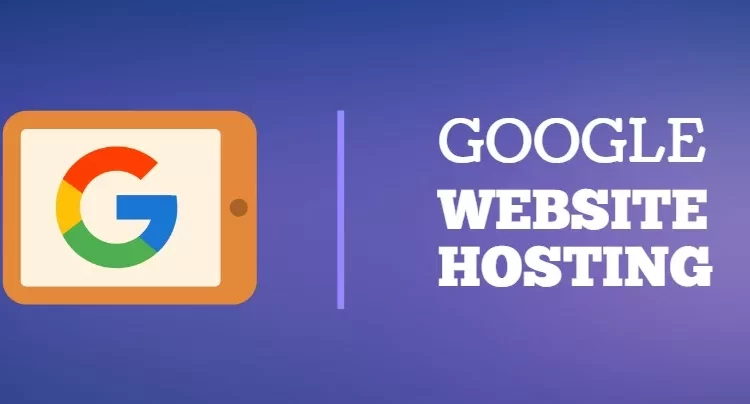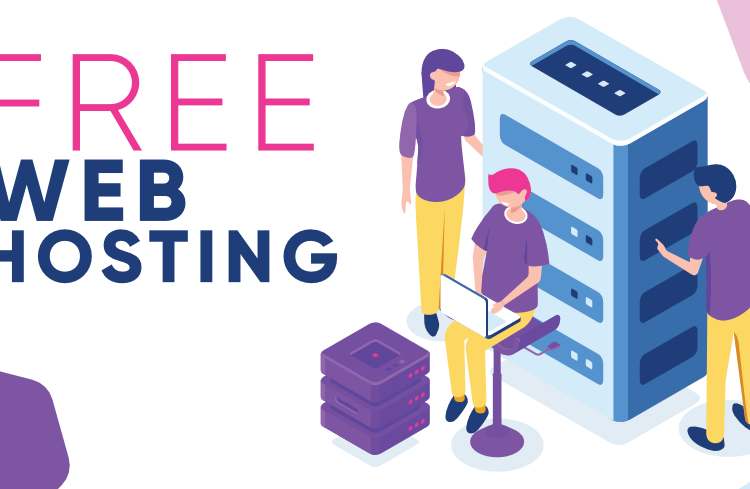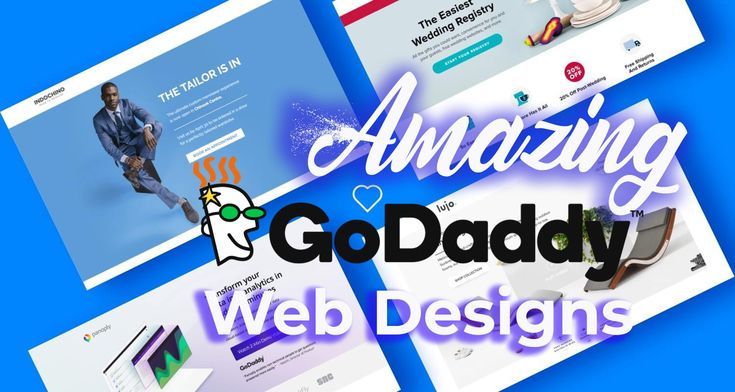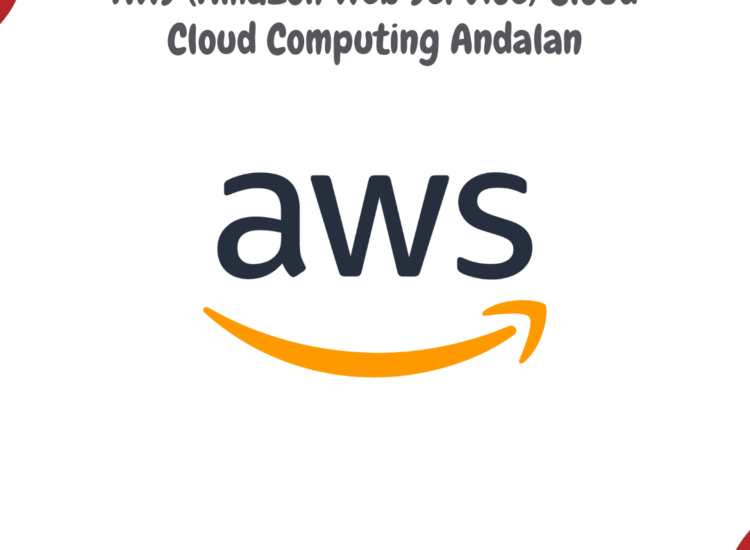AI in marketing involves using machine learning algorithms, big data analytics, and automation tools to forecast consumer behavior and enhance marketing tactics. Its strength lies in swiftly analyzing massive data sets, revealing insights that would require humans years to uncover.
Toc
- 1. AI-Powered Marketing: Transforming Strategies for Impact
- 2. Understanding AI-powered Marketing
- 3. AI-Powered Marketing Strategies
- 4. Challenges and Opportunities of Implementing AI in Marketing
- 5. Related articles 01:
- 6. AI Tools for Marketers
- 7. Top 5 AI-Powered Marketing Services in 2024: Optimizing Campaigns with Artificial Intelligence
- 8. Related articles 02:
- 9. Case Studies of Successful AI-powered Marketing Campaigns
- 9.1. Netflix: Hyper-Personalization through AI Recommendations (Entertainment)
- 9.2. Sephora: AI-Enhanced Chatbots for Customized Beauty Recommendations (Retail)
- 9.3. The New York Times: AI-Powered Content Personalization for Reader Engagement (Media)
- 9.4. Adidas: AI-Optimized Online Advertising Strategies (Apparel)
- 9.5. Hilton Hotels: AI-Driven Chatbots for Enhanced Guest Interaction (Hospitality)
AI-Powered Marketing: Transforming Strategies for Impact
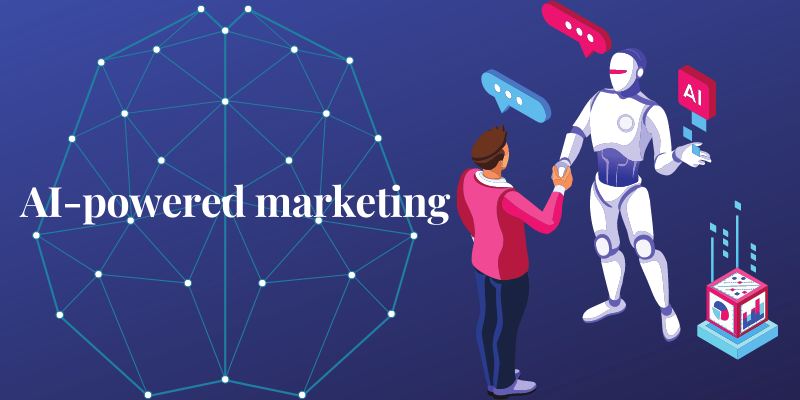
In an age where technology evolves at breakneck speed, marketing professionals and business owners must adapt to stay ahead of the curve. Artificial Intelligence (AI) has emerged as a beacon of innovation, redefining the marketing landscape. In this article, we’ll explore the multifaceted role of AI in marketing and how it fuels more effective, data-driven strategies that captivate modern audiences.
One of the most significant areas where AI has made an impact is in consumer behavior analysis. With the rise of big data, it has become increasingly challenging for humans to sift through and make sense of vast amounts of information. However, with AI-powered algorithms and automation tools, businesses can now analyze large datasets quickly and efficiently. This enables them to gain valuable insights into their target audience’s preferences, purchasing habits, and online behaviors.
By leveraging these insights, businesses can tailor their marketing strategies to be more personalized and targeted. For example, AI-powered chatbots can engage with customers in real-time and provide personalized recommendations based on their previous interactions and purchase history. This not only enhances the customer experience but also increases the chances of conversions.
Moreover, AI also helps businesses improve their lead generation efforts by identifying potential customers and targeting them with relevant content. With the help of predictive analytics, AI can analyze patterns in customer data and identify promising leads that are more likely to convert into paying customers.
AI also plays a crucial role in improving customer service. With natural language processing (NLP) technology, AI-powered chatbots can understand and respond to customer queries in real-time, providing 24/7 support. This not only reduces the workload on human agents but also ensures faster response times and improved customer satisfaction.
Understanding AI-powered Marketing
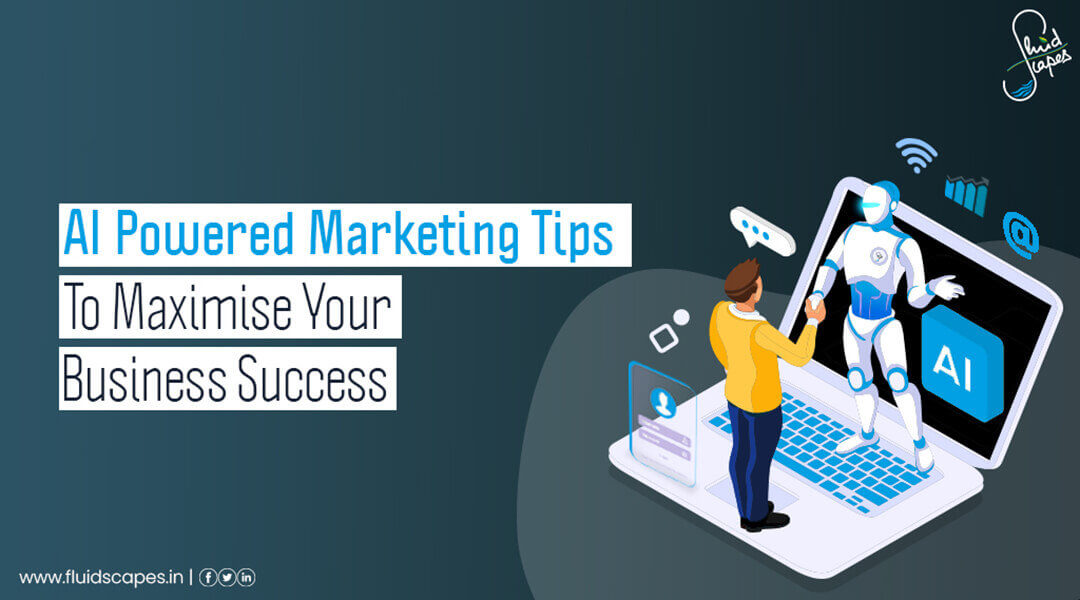
AI refers to the simulation of human intelligence in machines. In marketing, AI is used to automate and optimize various tasks such as lead generation, customer segmentation, social media management and content creation. By utilizing machine learning algorithms, AI can continuously learn from data and improve its performance over time.
One of the main benefits of AI-powered marketing is its ability to personalize the customer experience. By analyzing large amounts of data on a customer’s behaviors, preferences and purchase history, AI can create personalized recommendations and targeted messaging that resonates with each individual.
Another advantage of using AI in marketing is its efficiency. With automation, businesses can save time and resources by streamlining repetitive tasks. This allows marketers to focus on more strategic initiatives and be more productive.
In marketing, AI analyzes data, automates tasks, and predicts outcomes. This enables businesses to make data-driven decisions, improving their overall effectiveness and ROI. With AI, businesses can also identify patterns and trends in customer behavior that would be difficult for humans to detect.
AI-powered chatbots are another example of the benefits of using AI in marketing. They can interact with customers in real-time, providing personalized assistance and answering questions, thereby enhancing the customer experience.
However, it’s important to note that while AI is powerful and continuously evolving, it still requires human oversight and input. Without proper guidance and monitoring, there is a risk of bias or incorrect assumptions being made by algorithms.
Personalization at Scale
AI plays a pivotal role in hyper-personalization by customizing content, recommendations, and advertisements to cater to individual preferences. This level of customization allows marketers to craft targeted campaigns that deeply resonate with specific audiences, leading to increased engagement and conversion rates. By leveraging AI technologies, businesses can establish more meaningful connections with their target demographics, resulting in enhanced brand loyalty and customer satisfaction.
Predictive Analytics
AI algorithms leverage sophisticated data analysis techniques on historical data sets to extrapolate and anticipate upcoming trends and patterns. This predictive capability equips marketers with the tools to strategically allocate budgets, accurately forecast demand fluctuations, and pinpoint potential avenues for growth and expansion within their target markets.
AI-Powered Marketing Strategies
Content Creation
AI tools have revolutionized content creation by generating diverse types of content such as blog posts, social media captions, and product descriptions. This automation allows marketers to redirect their focus towards crafting strategies and fostering creativity, while AI efficiently manages routine content generation tasks. The seamless integration of AI in content creation processes not only enhances productivity but also frees up valuable time for marketers to delve into more strategic aspects of their work.
Chatbots and Customer Service
AI chatbots play a pivotal role in modern customer service by offering immediate responses, thus revolutionizing customer interactions. These advanced virtual assistants efficiently manage inquiries, swiftly resolve issues, and overall elevate the user experience to new heights. Their seamless integration into various platforms has streamlined communication processes and set new standards for customer service excellence.
Recommendation Engines
AI leverages advanced algorithms to meticulously analyze user behavior patterns, enabling the generation of personalized recommendations for products or content that align with individual preferences and interests. A shining illustration of this is evident in Amazon’s sophisticated product recommendation system, which adeptly showcases the power of AI in enhancing user experiences through tailored suggestions.
The Role of AI in Content Creation and Curation
Content holds a regal status in the digital realm, reigning supreme over online landscapes. Acting as the chief strategist behind this kingdom is AI, empowered with tools that revolutionize content curation. By tirelessly sifting through vast reservoirs of online data, AI unveils emerging trends and captivating topics, guiding content creators towards the pulse of interest. Furthermore, in the realm of content creation, AI plays a multifaceted role. It not only aids in drafting initial content pieces but also offers insightful suggestions to enhance the quality. However, it is the fusion of AI’s precision with human creativity that culminates in the masterpiece, giving the final touch of brilliance to the narrative.
AI in Marketing Automation: Streamlining Processes
Marketing automation, driven by the power of artificial intelligence (AI), has revolutionized efficiency in the marketing realm. By harnessing AI capabilities, routine tasks like email marketing, scheduling social media posts, and managing ad campaigns can be seamlessly automated. This automation not only streamlines operations but also liberates human marketers to concentrate on strategic planning and delve into creative pursuits that demand a personal touch, ultimately fostering innovation and growth in the competitive landscape of marketing.
Challenges and Opportunities of Implementing AI in Marketing
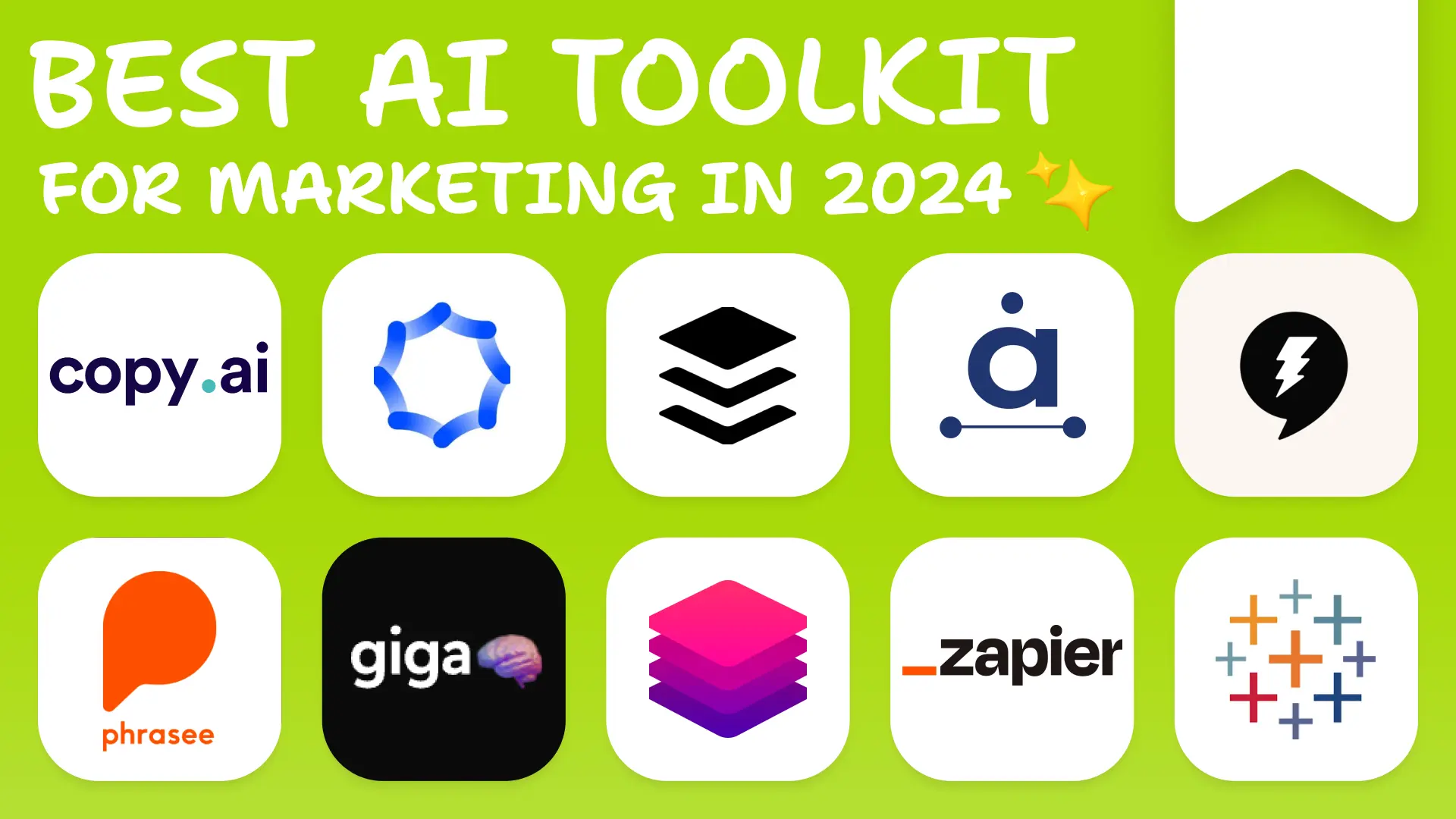
1. https://ngungtaonghiep.com/archive/110/
AI offers vast opportunities, but hurdles like data privacy, learning curves, and upfront AI costs can seem daunting. Yet, the potential ROI makes conquering these challenges a valuable pursuit for businesses seeking to stay competitive.
Data Privacy
Artificial intelligence heavily depends on data for its operations, which in turn raises significant privacy concerns in various sectors. Marketers, in particular, are tasked with the responsibility of managing data ethically and ensuring compliance with the ever-evolving regulations governing data usage and privacy practices. This diligence is crucial not only to safeguard individuals’ privacy but also to maintain trust and transparency in data-driven processes.
Bias and Fairness
AI algorithms, due to their reliance on training data, have the capacity to perpetuate existing biases. As a result, it is imperative for marketers to consciously prioritize fairness and transparency when incorporating AI technologies. By doing so, they can effectively address these biases and promote equitable outcomes across various applications and industries.
AI Tools for Marketers
AI technology has made significant advancements in recent years and is now widely available for marketers to leverage. These tools can assist with a variety of tasks, including lead generation, content creation, and personalized advertising. For example, Natural Language Processing (NLP) algorithms can analyze customer sentiment from social media posts and reviews to inform marketing strategies and tailor messaging to specific target audiences.
HubSpot AI Tools
HubSpot, a renowned platform, provides innovative AI-driven SEO suggestions to assist marketers in optimizing their websites for improved visibility and engagement. Additionally, HubSpot offers cutting-edge tools for content creation and blog writing, empowering marketers to craft compelling and relevant content that resonates with their target audience. With HubSpot’s comprehensive suite of features, marketers can enhance their online presence and drive meaningful connections with their customers.
Natural Language Processing (NLP)
NLP (Natural Language Processing) tools are designed to analyze text sentiment, extract valuable insights, and comprehend context to a deep degree. This technology has become a go-to for marketers looking to gauge sentiment through sentiment analysis and keep a pulse on trends through social listening practices. By leveraging NLP, marketers can unlock a treasure trove of information from text data, enabling them to make more informed decisions and tailor strategies for optimal results.
Programmatic Advertising
AI plays a pivotal role in automating the process of ad buying and placement, streamlining the entire advertising workflow. Through real-time bidding, advertisers can optimize their ad budgets effectively, ensuring that every penny is spent wisely to reach the right audience at the right time. This technological advancement has revolutionized the advertising industry, enabling precise targeting and efficient resource allocation.
Top 5 AI-Powered Marketing Services in 2024: Optimizing Campaigns with Artificial Intelligence
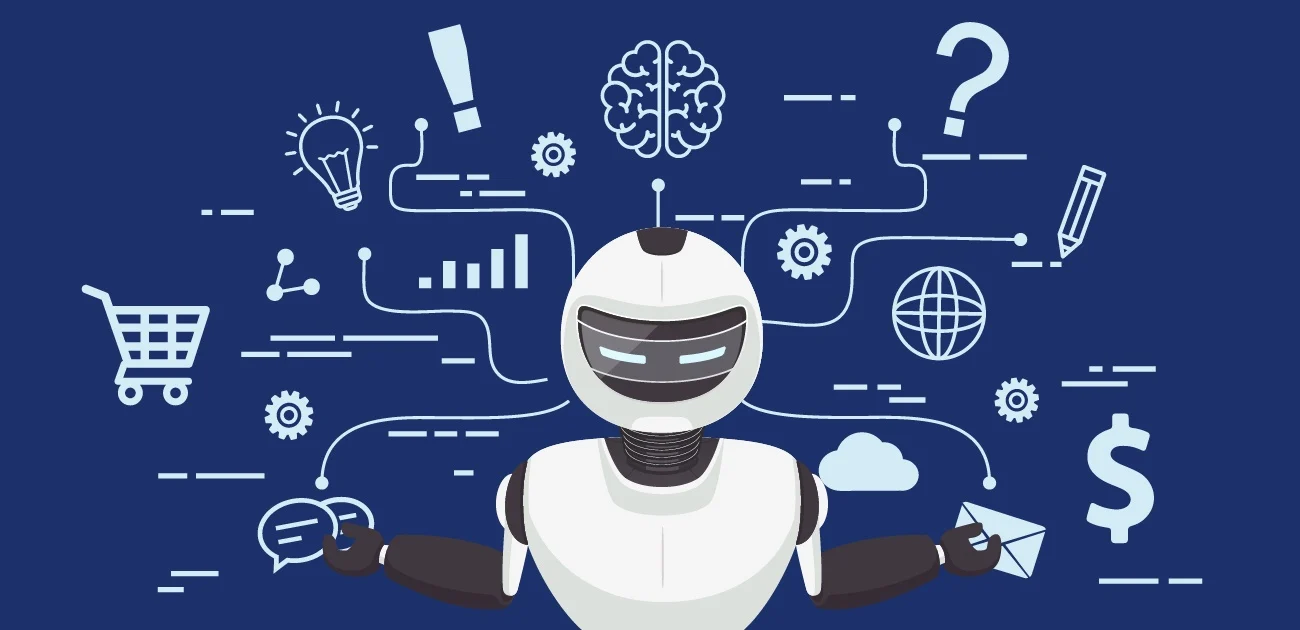
The marketing landscape is constantly evolving, and AI is rapidly transforming how businesses reach and engage customers. Here’s a breakdown of the Top 5 AI-powered marketing services in 2024, highlighting their functionalities and target audiences:
Jasper (Formerly ConversionAI) (US)
Focus: AI-powered content creation for various marketing materials, including social media posts, website copy, email marketing campaigns, and blog articles.
Strengths
- Generates creative and high-quality marketing copy in multiple formats and tones.
- Offers long-form content creation capabilities like blog posts and website content.
- Integrates with various marketing platforms for seamless workflow.
Target Audience: Ideal for marketing teams, content creators, and agencies seeking to generate content ideas and improve efficiency.
Phrasee (US)
Focus: AI-powered email marketing optimization that personalizes subject lines and email content to improve engagement and conversion rates.
Strengths:
- Analyzes customer data and predicts the best-performing subject lines for email campaigns.
- Optimizes email content for different audience segments and demographics.
- Provides A/B testing capabilities to identify the most effective email variations.
Target Audience: E-commerce businesses, email marketing professionals, and anyone looking to personalize and optimize email campaigns for better results.
Optimizely (US)
Focus: AI-powered experimentation platform for website optimization and marketing campaign testing.
Strengths:
- Uses AI to identify website elements that impact conversion rates.
- Runs A/B tests and multi-variate tests to optimize website design, calls to action, and content.
- Provides data-driven insights to improve marketing campaign performance across channels.
Target Audience: Marketing teams, conversion rate optimization (CRO) specialists, and businesses looking to data-driven website and campaign improvements.
Focus: AI-powered social media marketing platform for managing brand reputation, scheduling posts, and analyzing social media performance.
Strengths:
- Uses AI to identify brand mentions and sentiment on social media platforms.
- Recommends optimal posting times and content strategies for social media engagement.
- Provides social media analytics with insights into audience demographics and content performance.
Target Audience: Social media managers, marketing agencies, and businesses looking to improve their social media presence and engagement.
AnyMind (Singapore)
Focus: AI-powered marketing platform offering a suite of tools for influencer marketing, programmatic advertising, and marketing automation.
Strengths:
1. https://ngungtaonghiep.com/archive/111/
- Uses AI to identify and connect with relevant influencers for marketing campaigns.
- Optimizes programmatic advertising campaigns for better reach and targeting.
- Automates marketing tasks such as lead nurturing and personalized email marketing.
Target Audience: Marketing agencies, large enterprises, and businesses seeking a comprehensive AI-powered marketing solution.
Consider these factors when selecting an AI-powered marketing service:
- Marketing Needs: Identify your specific challenges, whether it’s content creation, email marketing optimization, or social media management.
- Budget: Compare pricing models and features offered by different AI marketing services.
- Level of AI Assistance: Consider if you need a service for content generation, optimization, or data-driven insights.
- Ease of Use: Evaluate the user interface and learning curve for the AI marketing platform.
- Remember: AI is a powerful tool, but it should complement your existing marketing strategies. Look for services that offer human oversight and control alongside AI-powered features.
To enhance your marketing strategies in 2024, optimize workflows and personalize campaigns by evaluating top AI contenders that align with your goals.
Case Studies of Successful AI-powered Marketing Campaigns
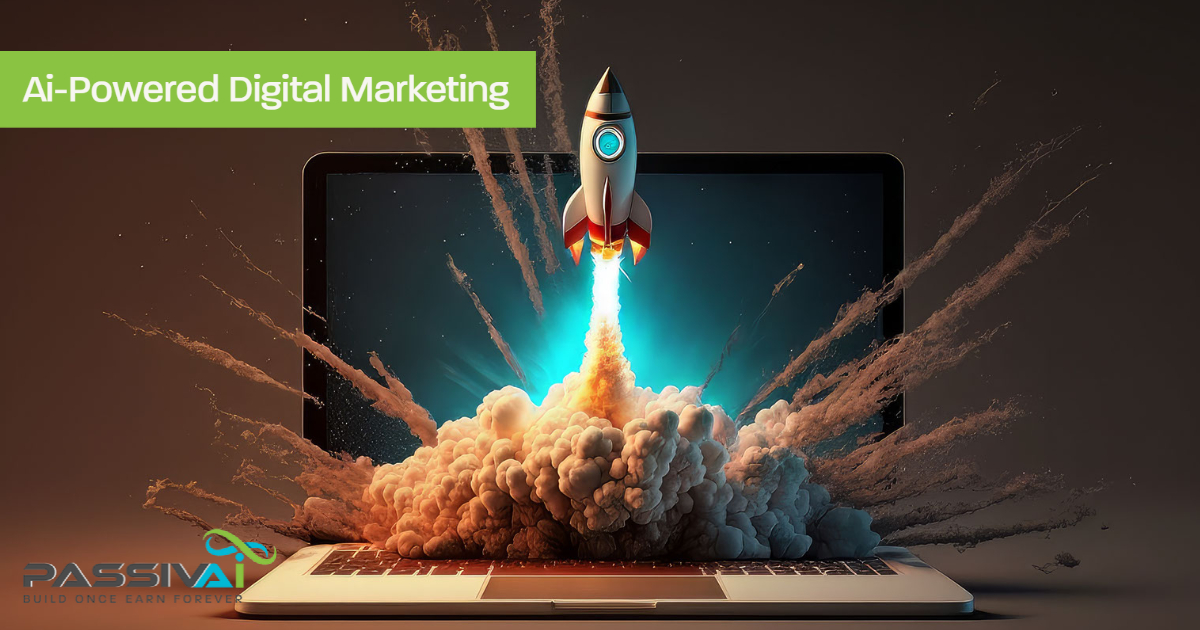
Artificial intelligence (AI) is reshaping the marketing landscape, empowering businesses to tailor campaigns, refine content, and glean profound customer insights. Presented here are several impactful case studies demonstrating how organizations in diverse sectors utilized AI to attain effective marketing results.
-
Netflix: Hyper-Personalization through AI Recommendations (Entertainment)
Challenge: Maintaining the continuous engagement of millions of subscribers within a vast content library.
Solution: Netflix utilizes an advanced AI recommendation system that assesses user behavior, viewing habits, and ratings to provide personalized content recommendations.
Success: AI-powered suggestions drive around 70% of viewership on Netflix, enhancing viewer engagement and satisfaction significantly.
-
Sephora: AI-Enhanced Chatbots for Customized Beauty Recommendations (Retail)
Challenge: Providing tailored beauty guidance to a varied online customer base.
Solution: Sephora incorporates AI-driven chatbots to interact with customers, grasp their preferences, and suggest appropriate beauty items.
Success: AI chatbots boost customer interaction, increase conversion rates, and enhance overall satisfaction in the online shopping experience.
-
The New York Times: AI-Powered Content Personalization for Reader Engagement (Media)
Challenge: Ensuring reader engagement through a consistent stream of news content and maintaining subscription rates.
Solution: The New York Times leverages AI technology to customize article suggestions for individual readers, taking into account their browsing habits and preferences.
Success: The implementation of AI-powered personalization has demonstrably enhanced reader interaction, extended session durations on the platform, and led to a rise in subscription renewals.
-
Adidas: AI-Optimized Online Advertising Strategies (Apparel)
Challenge: Precision in audience targeting for online ad campaigns.
Solution: Adidas leverages AI for in-depth customer insights, optimizing online ad targeting for precise customer reach.
Success: AI-powered ad targeting drives significant improvements in click-through rates, website traffic, and, ultimately, sales for Adidas.
-
Hilton Hotels: AI-Driven Chatbots for Enhanced Guest Interaction (Hospitality)
Challenge: Providing 24/7 customer support and promptly addressing guest inquiries.
Solution: Hilton integrates AI-driven chatbots on their web and mobile platforms to manage guest queries, reservations, and recommendations.
Success: AI chatbots enhance customer service efficiency, reduce response times, and boost guest satisfaction with the Hilton brand.
These examples highlight AI’s vast capabilities in marketing. From tailored content suggestions to smart ad targeting and streamlined customer service, AI is reshaping how businesses engage with their online audiences. As technology progresses, the evolution of AI in marketing promises to redefine strategies and empower brands to reach their objectives effectively.

